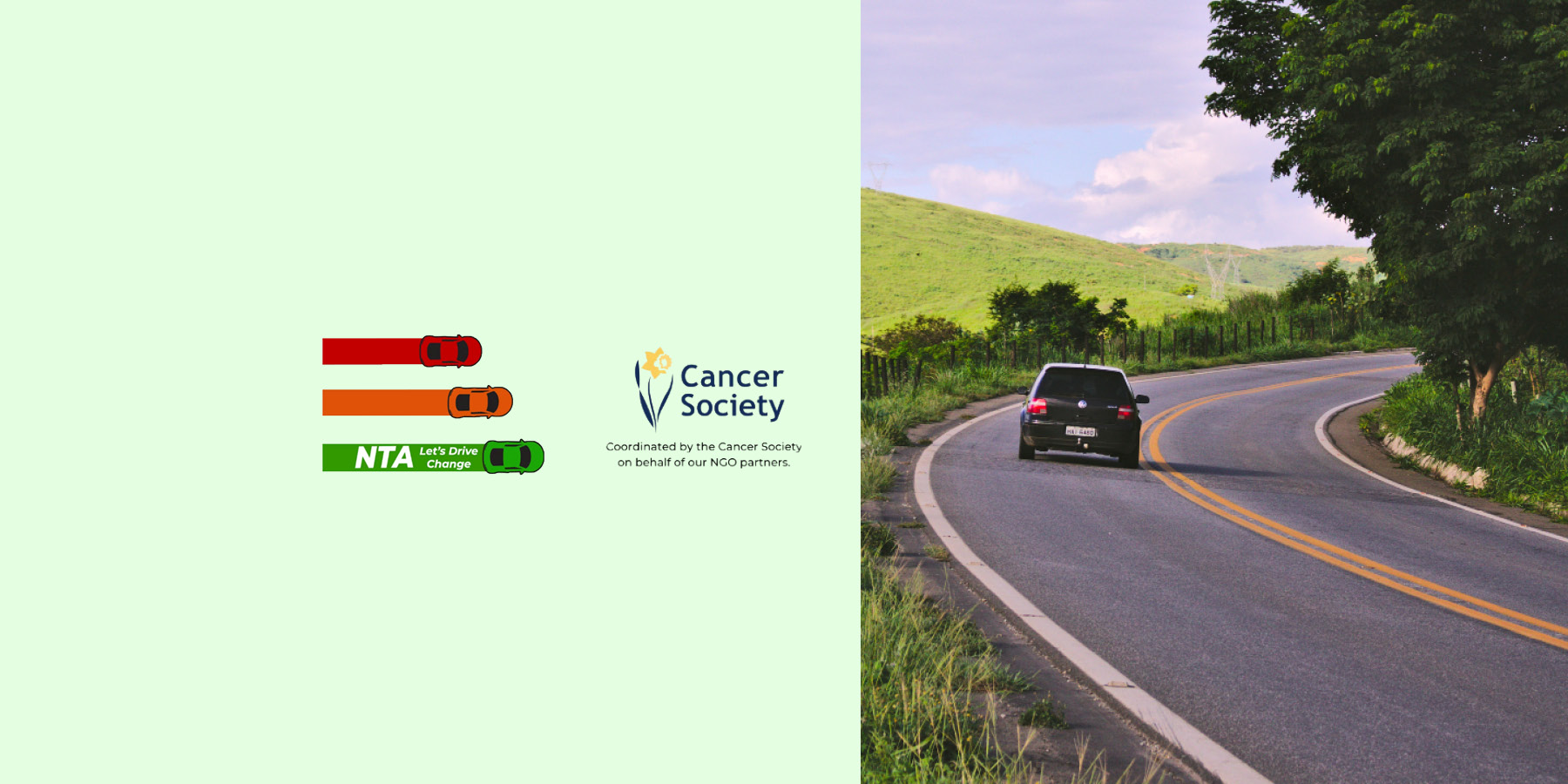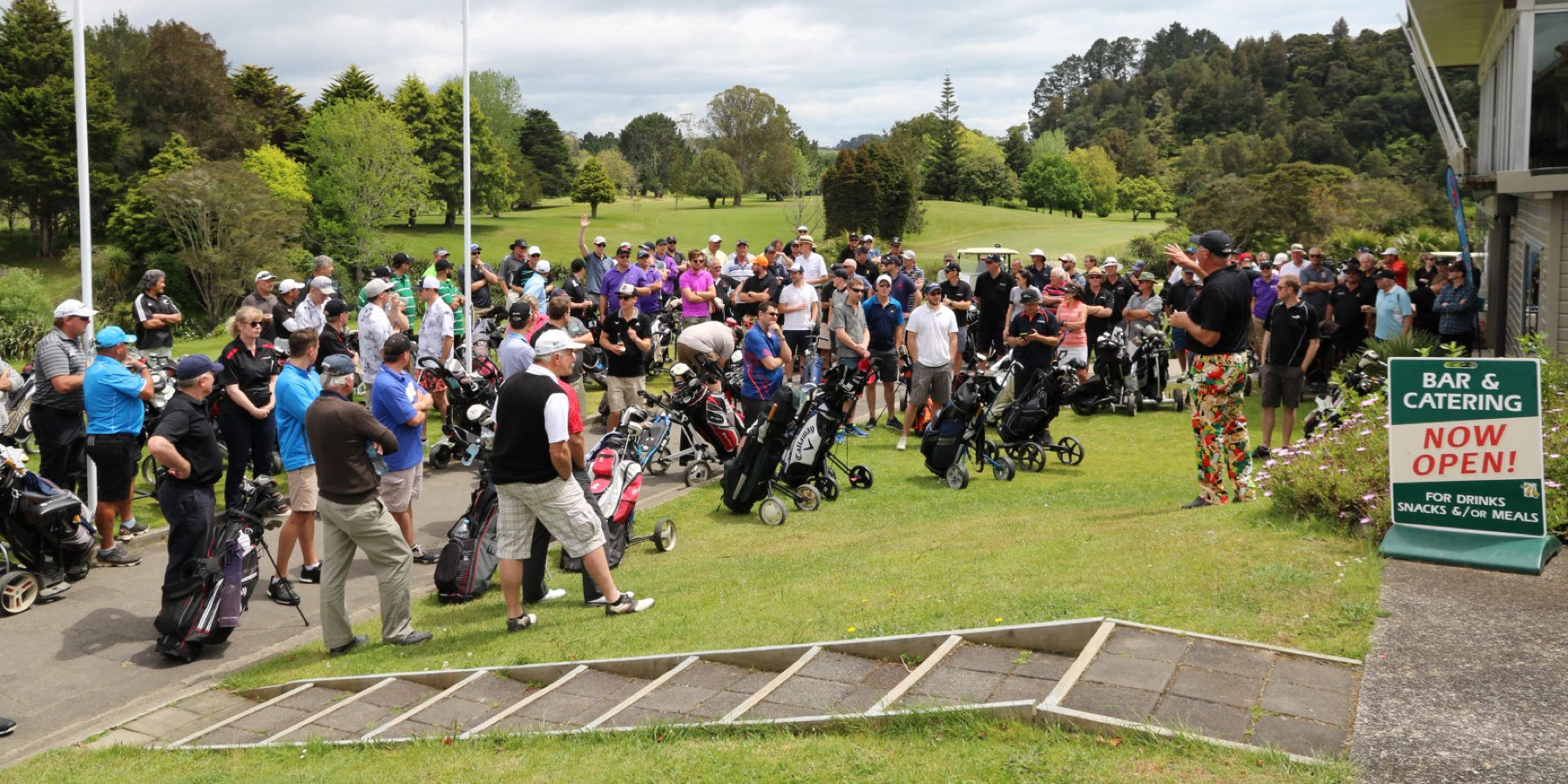What does a paediatric oncologist do?
Meet Dr Chia Huan Ng, a paediatric oncologist at Starship Children’s Hospital.
Huan graduated from the University of Melbourne in 2010, and after a couple of years working as a trainee doctor, she decided she wanted to pursue a career in paediatrics.
She went on to complete oncology fellowships in Melbourne and Vancouver, before starting her current role as a consultant paediatric oncologist and bone marrow transplant physician at Starship.
How would you describe your job to someone who doesn’t know what a paediatric oncologist does?
As a paediatric oncologist, I diagnose and treat children with cancer. I work together with a big team of people in the hospital providing care for patients and families who are going through treatment for various types of cancer.
What made you want to be a paediatric oncologist?
The patients that we encounter in this specialty can be very sick when they first get diagnosed, so it is very rewarding to see them get better once the appropriate treatment is implemented. The field of paediatric oncology is also constantly progressing to discover better treatments and long-term outcomes for our patients.
The ability to build a long-term relationship with my patients and their families was another of my main reasons for becoming a paediatric oncologist.

What does a typical week look like in your job?
In a week when I am on call, I lead a team of junior doctors on the inpatient ward. This includes ensuring the current patients get the chemotherapy that they need and managing the ones with complications. We also assess patients with new diagnoses and guide appropriate diagnostic tests.
In a week when I am not in charge of the inpatients, I will be in outpatient clinics two days a week seeing patients who come to clinic for their chemotherapy treatment. On my non-clinical days, I am involved in supporting medical students, teaching junior doctors, departmental meetings and research.
What fuels your passion for your work?
The resilience that I see in my little patients and their families is the main motivation for my work. Going through cancer treatment is not easy, and I wish to support my patients and their families through the difficult times.
I also hope that in the future my patients can be treated in a way that means the side effects from their treatment have minimal impact on their life. That they are able to achieve cure and grow up to lead a life that they wished for.
How do you cope with the emotional challenge of working with sick children and their families?
Having colleagues and friends with whom I can share my worries and emotional challenges is important.
It is also important to have a good work/life balance to help me mentally and emotionally recharge outside of work. I enjoy running, hiking and exploring the outdoors, and I recently started doing Pilates and playing badminton regularly. I also enjoy spending time with my friends and family.
In what ways has your job changed your perspective on life and health?
As I see my patients go through difficult treatment, their resilience inspires me. I value life and health in the simplest way. Things that we take for granted every day such as the ability to breathe, walk, see and eat are often things that a lot of my patients can’t do because of their condition.
I cherish every day that I am alive and able to do what I love: looking after my patients and their families while also contributing to the advancement of paediatric oncology.
What do you think families appreciate most about what you do?
In addition to clinical knowledge and being able to hold difficult conversations in an honest manner, I believe families appreciate a clinician who is caring and kind. I once had a mentor who told me that when we encounter a situation with an unsolvable problem, being with them through the difficult times is what families need.
Read more stories like this in our August 2023 issue of Sharing magazine.
Please donate today
Support families during the toughest time in their lives
While medical staff do an incredible job treating the child, families often need emotional and practical support beyond what doctors and nurses are able to give.


